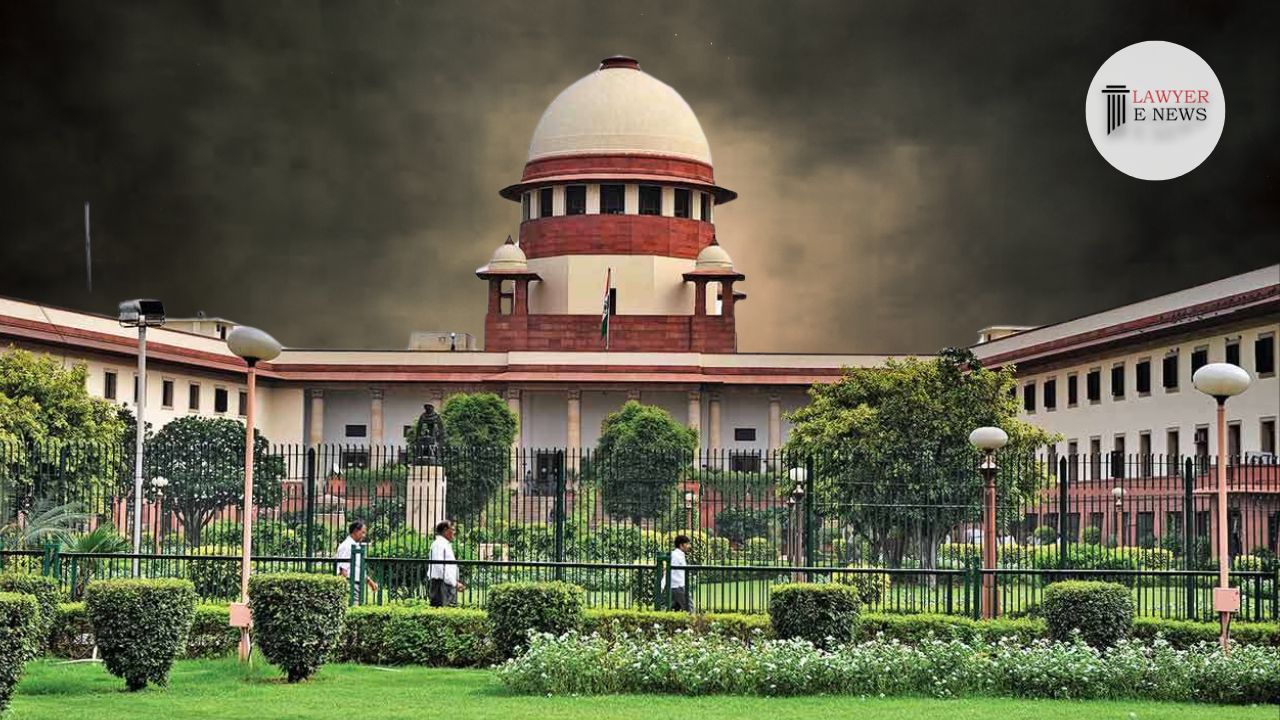-
by sayum
14 February 2026 2:22 PM



The Supreme Court of India today emphasized that the welfare of the child transcends all other considerations, including parental rights and allegations of alienation, in a landmark judgment that reinstated the Family Court’s decision to grant custody of two minor children to their father, an army officer, while providing structured visitation rights to the mother, a school teacher.
This high-profile case came before the Supreme Court following an appeal against a High Court of Delhi order that had altered the initial custody decision from the Family Court, which granted exclusive custody to the father. The Family Court’s decision was based on the children’s preference to live with their father due to the stable environment his military background provided, despite his active service.
Preference of the Children: The apex court heavily weighed the children’s expressed desire to stay with their father, documented during multiple court interactions. The children’s preferences were found to be consistent and genuine, shaped by their positive experiences and the stability of their current living situation.
Parental Alienation Considerations: The Court critically evaluated the mother’s claims of parental alienation, suggesting that the father might have unduly influenced the children’s preferences. However, after reviewing the interactions and testimonies, the justices found no concrete evidence to support this claim. The judgment stressed that custody decisions should be based on observable behaviors and factual evidence rather than speculative syndromes like parental alienation.
Child Welfare as Paramount: The Supreme Court reiterated that in disputes over guardianship and custody, the child’s welfare must be seen in a holistic manner—encompassing their emotional stability, psychological wellbeing, educational needs, and overall health. The judgment highlighted that the military’s infrastructure provides substantial support to families, which contributes positively to the children’s upbringing.
Legal Precedents and Principles: Citing previous landmark decisions, the Court aligned with established legal principles that prioritize the child’s welfare over parental privileges or rights, asserting that the best interest of the child should always prevail in custody battles.
Decision: The Supreme Court set aside the High Court’s shared custody order, reinstating the Family Court’s original judgment favoring the father. The Court underscored that the Family Court’s decision was well-reasoned and aligned with the children’s best interests, particularly noting the stable and beneficial environment provided by the father’s military lifestyle.
Implications: This ruling not only underscores the importance of considering children’s preferences and welfare in custody disputes but also clarifies the approach towards allegations of parental alienation in custody cases. It reaffirms the judiciary’s role as the ultimate guardian of minors, ensuring their welfare is always the foremost consideration.
Date of Decision: May 8, 2024
Col. Ramneesh Pal Singh Versus Sugandhi Aggarwal
